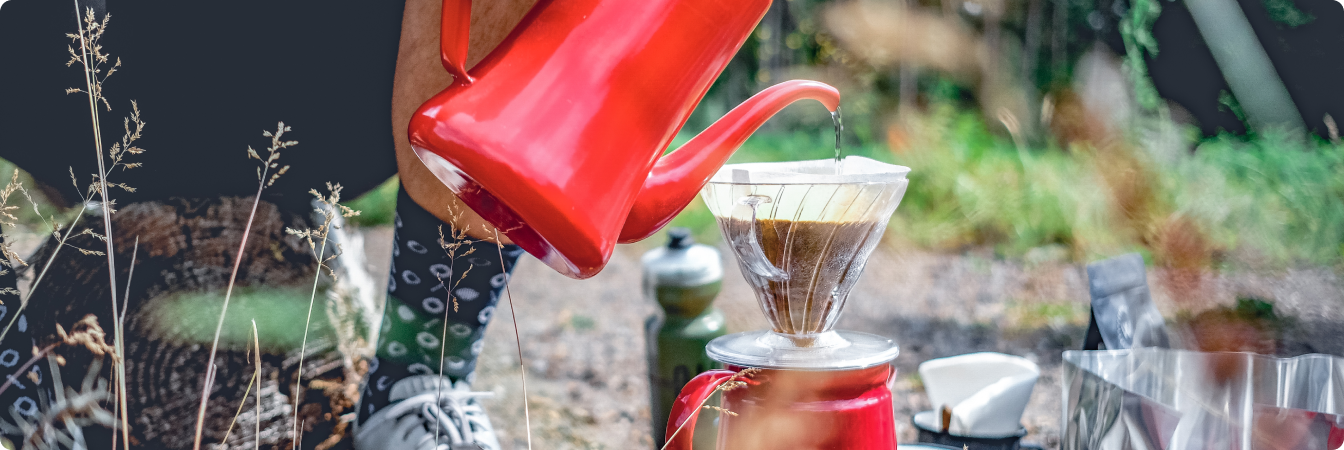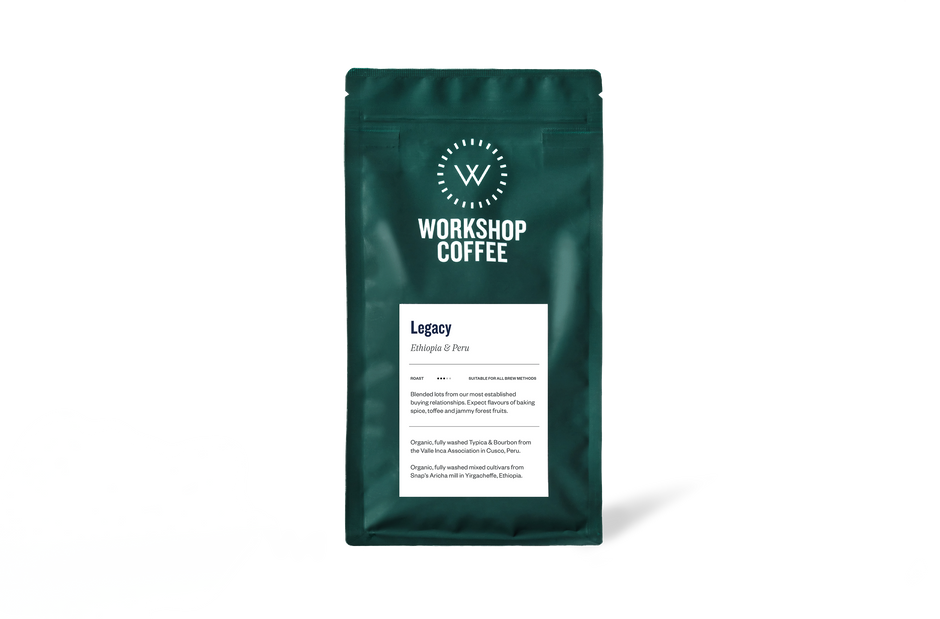Energising encounters
Stories that fuel our community.


Two Fantastic Festive Coffees
"El Martillo SL28 from El Salvador and Dimtu Espresso from Ethiopia." Two years ago, we introduced our first two festive coffees for the holiday season and last year brought you...
Two Fantastic Festive Coffees
"El Martillo SL28 from El Salvador and Dimtu Espresso from Ethiopia." Two years ago, we introduced our first two festive coffees for the holiday season and last year brought you...
Read more
Read more
Fresh Crops: Cult of Done v.23 - Duromina, Ethi...
One of the joys of spring, in our minds anyway, is the arrival of fresh crop coffees from Africa. Something we look forward to intently, especially on the back of...
Fresh Crops: Cult of Done v.23 - Duromina, Ethi...
One of the joys of spring, in our minds anyway, is the arrival of fresh crop coffees from Africa. Something we look forward to intently, especially on the back of...
Read more
Fresh Crops: Cult Of Done Espresso v.17
As Cult of Done v.16 coffees turn their final batches in our Probat we obviously cannot stop the supply of tasty espresso to you, wherever you may be in the world....
Fresh Crops: Cult Of Done Espresso v.17
As Cult of Done v.16 coffees turn their final batches in our Probat we obviously cannot stop the supply of tasty espresso to you, wherever you may be in the world....
Read more
Fresh Crops: Duromina
The name “Duromina” means “improve their lives” in the local Ethiopian language of Afan Oromo, an apt name considering what the Duromina Cooperative has achieved in its short history. Since being established in 2010 the cooperative...
Fresh Crops: Duromina
The name “Duromina” means “improve their lives” in the local Ethiopian language of Afan Oromo, an apt name considering what the Duromina Cooperative has achieved in its short history. Since being established in 2010 the cooperative...
Read more
Beyond the Barista.
Coffee lovers in the UK are a lucky bunch. A recent upswell in the appreciation of great coffee, all around the country, means that there’s never been a better time...
Beyond the Barista.
Coffee lovers in the UK are a lucky bunch. A recent upswell in the appreciation of great coffee, all around the country, means that there’s never been a better time...
Read more
Fresh Crops: Kabingara AA and Cult of Done v. 14
We’re very pleased to introduce a couple of new coffee offerings to the range. First up, the Kabingara AA from Kiringaya, Kenya. This coffee was harvested in December 2012 and...
Fresh Crops: Kabingara AA and Cult of Done v. 14
We’re very pleased to introduce a couple of new coffee offerings to the range. First up, the Kabingara AA from Kiringaya, Kenya. This coffee was harvested in December 2012 and...
Read more
Untapped potential
Have you tried:
Untapped potential
Have you tried:

Subscribe to our newsletter
More energising updates
Join our collaborative coffee community and enjoy important news and exclusive offers.




